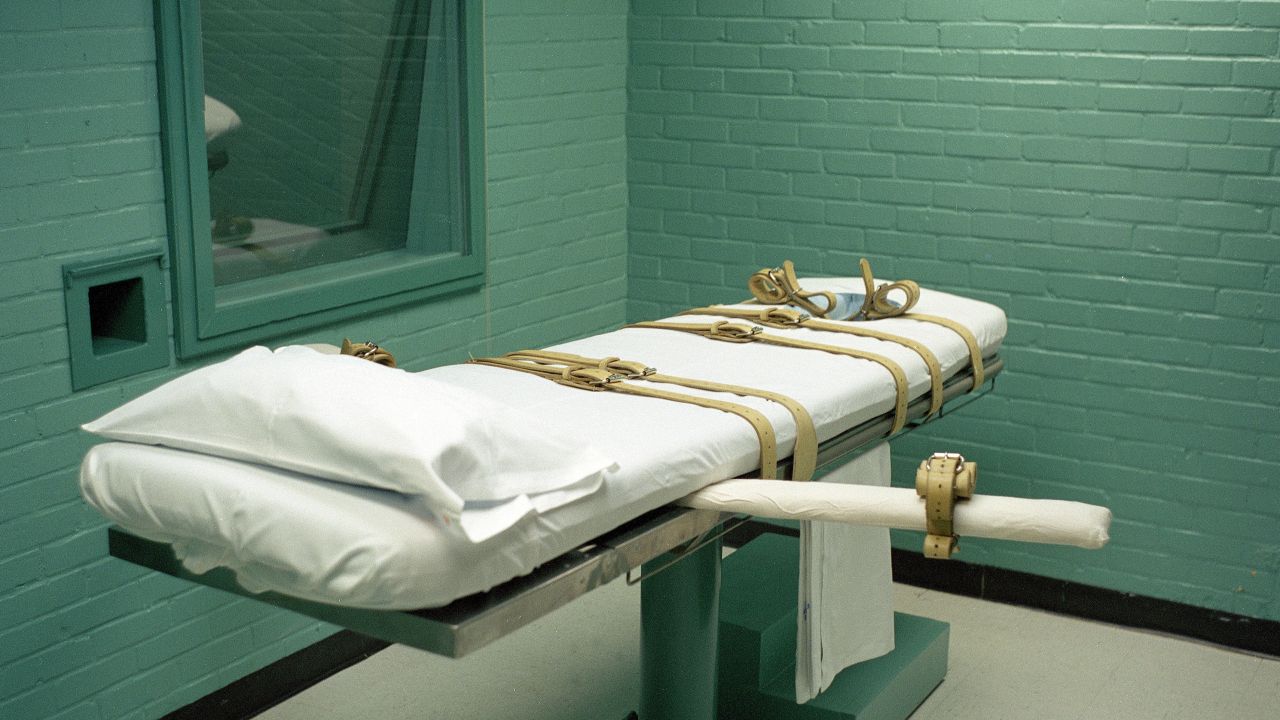
Should American doctors participate in executions?
Against the consensus, a cardiologist says they should

The American state of Arkansas executed four prisoners in April. They were given a lethal injection with a three-drug cocktail, a procedure which requires some medical skills. Should doctors take part in such executions?
The consensus amongst medical ethicists is No. The American Medical Association insists that participation violates a fundamental principal of medicine: do no harm. However, many of the 31 states with capital punishment require the presence of a doctor during the execution.
In an unusual intervention in the bitter debate, cardiologist Sandeep Jauhar has written an op-ed in the New York Times arguing that the presence of doctors is ethical.
The A.M.A.’s position is principled and respects a long history of bioethics in this country. However, it is not practical. States that do not require physician presence typically use other medical professionals, such as emergency medical technicians or paramedics, to insert IV lines and possibly mix the drugs. Barring doctors from executions will only increase the risk that prisoners will unduly suffer …
Discouraging physician participation, as the American Medical Association does, will not lead to a ban on capital punishment or lethal injection. If anything, it will lead only to the reinstatement of more brutal forms of execution that do not require medical expertise, such as electrocution or death by firing squad. A few states have already decided to use these methods as possible alternatives.
Doctors have a duty to alleviate suffering. No one would object to a doctor’s providing comfort — spiritual or narcotic — to a terminally ill patient at the hour of death. It is not a stretch to think of death-row inmates who have exhausted their appeals as having a terminal disease with 100 percent mortality …
Doctors can act as a safeguard against this brutality. Participating in executions does not make the doctor the executioner, just as providing comfort care to a terminally ill patient does not make the doctor the bearer of the disease.
It is interesting to note the parallels between the AMA’s rejection of cooperation with prison authorities and the objections of Canadian doctors who say that they will refuse to refer for euthanasia. Even though prisoners are being killed against their will and euthanasia patients are not, both procedures end in death. But the medical consensus is that the former is right and the latter is wrong.
https://www.bioedge.org/images/2008images/TH_gurney_35353.jpg
Creative commons
https://www.bioedge.org/images/2008images/GettyImages-539603046-1280x720_(1).jpg
capital punishment
medical ethics
